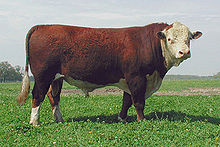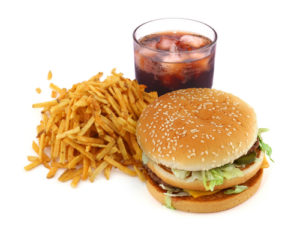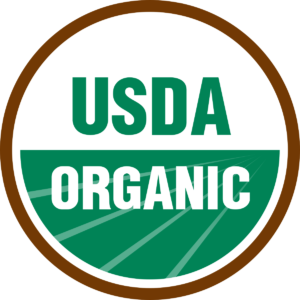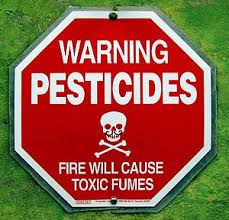 Finally there will be truth to the label "Product of USA" when it comes to meat and poultry. Starting in 2026, the USDA will soon only allow Product of USA labels on meat, poultry, and egg products from animals that were actually born, raised, slaughtered, and processed in the USA. This eliminates a loophole that big producers use and which hurts American farmers and ranchers, and is also misleading to consumers.
Finally there will be truth to the label "Product of USA" when it comes to meat and poultry. Starting in 2026, the USDA will soon only allow Product of USA labels on meat, poultry, and egg products from animals that were actually born, raised, slaughtered, and processed in the USA. This eliminates a loophole that big producers use and which hurts American farmers and ranchers, and is also misleading to consumers.
It all comes down to money, of course. It's cheaper for the big producers to raise, slaughter, and process animals in other countries, and then only do final packaging in the US - which is why current regulations allow meat and poultry to say Product of USA, even though it's not. This hurts American farmers and ranchers who have higher expenses, and which gives the big companies even bigger profits. Too bad the rules only take effect by Jan. 1, 2026 - almost 2 years from now!
From Investigate Midwest: USDA will implement long-awaited change to country-of-origin labeling rules
A long-awaited rule that changes which meat and poultry goods can bear the label “Product of U.S.A.” will give consumers better information and result in fairer compensation for U.S. farmers and ranchers, agriculture experts predict. ...continue reading "Meat and Poultry “Product of USA” Labels Will Soon Be Accurate"


 And what is a health-promoting diet?
And what is a health-promoting diet? The studies finding health harms from ultra-processed foods keep coming. Ultra-processed foods are food products manufactured with all sorts of ingredients (additives) not normally found in our kitchens.
The studies finding health harms from ultra-processed foods keep coming. Ultra-processed foods are food products manufactured with all sorts of ingredients (additives) not normally found in our kitchens.  Most Americans eat highly processed or ultra-processed foods every single day, with most of their daily calories from them! There are all sorts of health risks from these foods, with a recent study finding an overall increased risk of cancer, as well as prostate and breast cancer.
Most Americans eat highly processed or ultra-processed foods every single day, with most of their daily calories from them! There are all sorts of health risks from these foods, with a recent study finding an overall increased risk of cancer, as well as prostate and breast cancer. There is a huge problem in the organic foods industry, and it's a problem that our government refuses to address. The issue is that many of the imported foods into the US are actually not organic, and are not complying with organic standards. The result is that crops grown in the US, from farms following organic standards, can not compete with the low prices of fraudulent "organic" imports.
There is a huge problem in the organic foods industry, and it's a problem that our government refuses to address. The issue is that many of the imported foods into the US are actually not organic, and are not complying with organic standards. The result is that crops grown in the US, from farms following organic standards, can not compete with the low prices of fraudulent "organic" imports. Another
Another  It turns out that another nasty pesticide is found in almost all of us, which we get from the foods we eat. This is the pesticide chlormequat, which is known to have harmful health effects. The use of chlormequat is on the rise in North America and Europe, where it is applied to non-organic grain crops as a plant growth regulator.
It turns out that another nasty pesticide is found in almost all of us, which we get from the foods we eat. This is the pesticide chlormequat, which is known to have harmful health effects. The use of chlormequat is on the rise in North America and Europe, where it is applied to non-organic grain crops as a plant growth regulator. Chemicals known as "forever chemicals" or PFAS have been in the news a lot recently. This is because PFAS (per- and polyfluoroalkyl substances) are in so many products that we all use, yet research is showing more and more health harms from them. Including to pregnant women and developing babies.
Chemicals known as "forever chemicals" or PFAS have been in the news a lot recently. This is because PFAS (per- and polyfluoroalkyl substances) are in so many products that we all use, yet research is showing more and more health harms from them. Including to pregnant women and developing babies. Unfortunately, unprocessed and minimally processed foods are more expensive than ultra-processed foods. So it wasn't surprising that socioeconomic levels (including income levels) made a difference - the lower the household income, the greater the average ultra-processed food intake.
Unfortunately, unprocessed and minimally processed foods are more expensive than ultra-processed foods. So it wasn't surprising that socioeconomic levels (including income levels) made a difference - the lower the household income, the greater the average ultra-processed food intake.